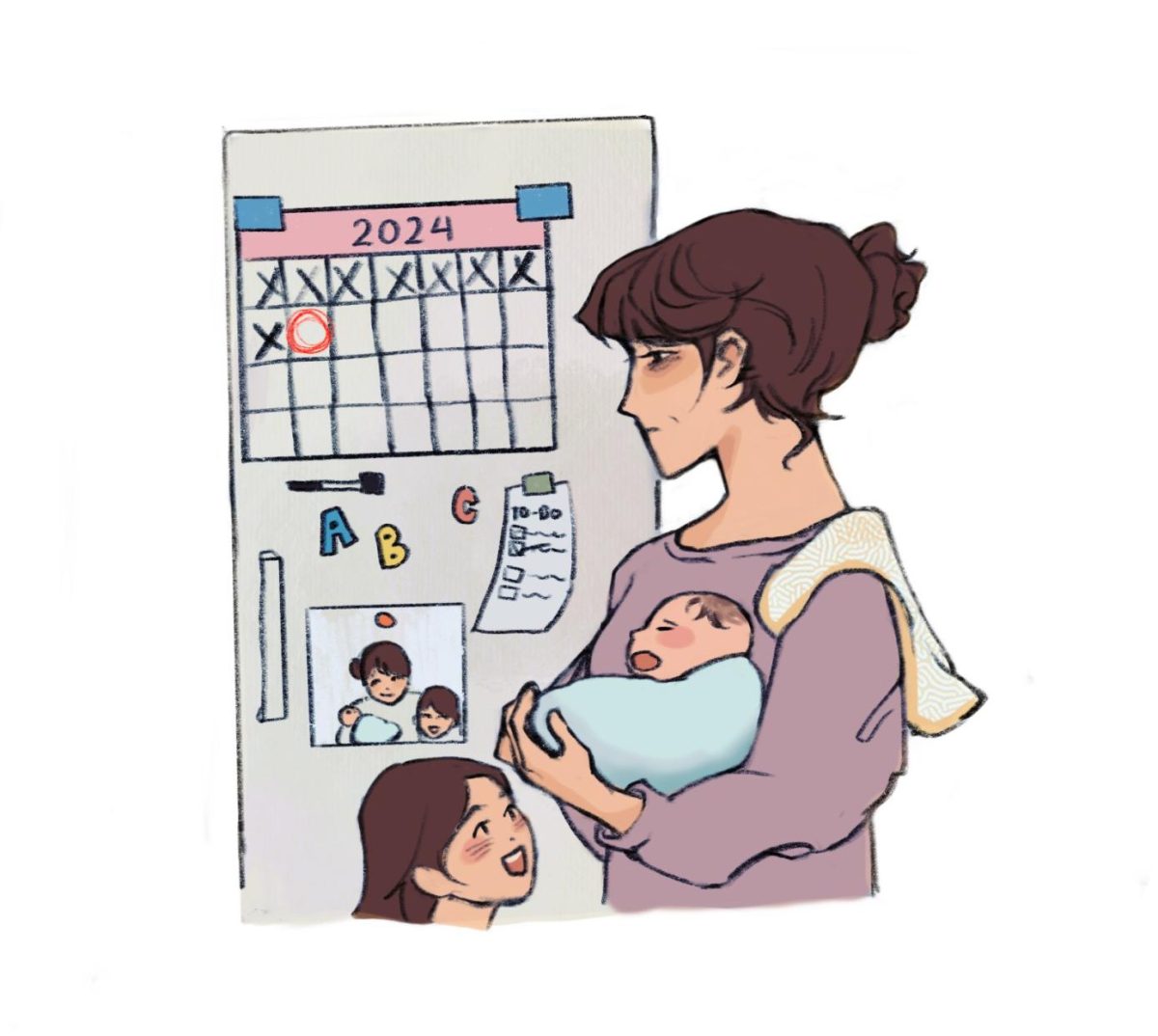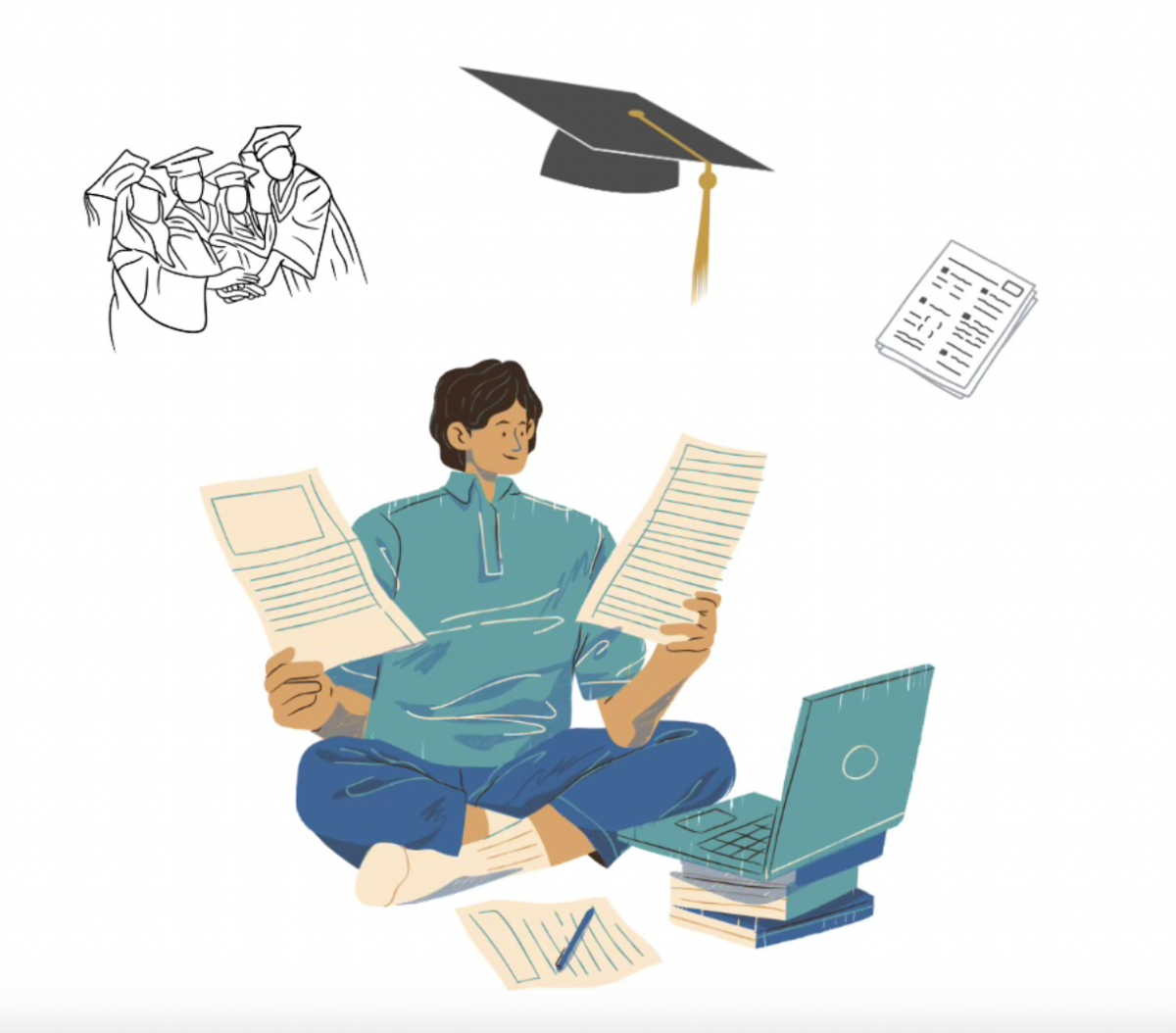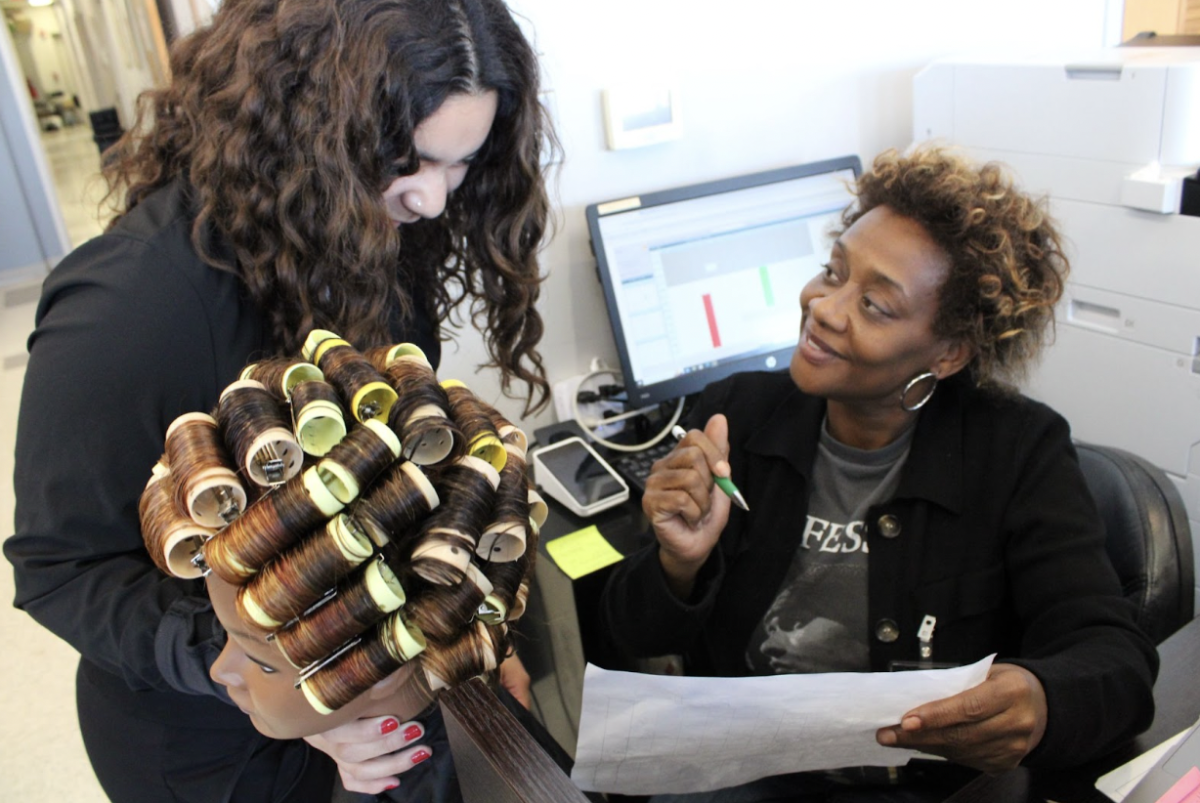Sheri Horwitz, English 10 and AP Literature teacher at Huron, took her third maternity leave last summer, in June 2024.
The U.S. Department of Labor’s Family and Medical Leave Act (FMLA) of 1993 requires employers to provide 12 weeks of unpaid leave for new parents. In Ann Arbor Public Schools (AAPS), teachers are eligible for the protections of the FMLA given they have worked in the district for at least one year and for 1,250 hours over the past 12 months.
Of the 12 weeks of leave guaranteed by the FMLA, AAPS pays teachers for six weeks, with the remaining six weeks being unpaid. Teachers are then required to use any paid sick days they have accrued during their time at AAPS, which they receive ten of at the beginning of each calendar year.
“This is very tough, especially for working moms,” Horwitz said. “Whatever time is left that isn’t part of the paid leave comes out of my personal sick days. So when I came back this year, I didn’t have any sick days left because I used them as part of the maternity leave. Which is really hard for working moms — I don’t have sick days to give, so I have to be really careful about taking any sort of days off. So if my kids are sick, my husband has to always stay home to [take care of them], because I don’t have the days.”
To apply for maternity leave, teachers have to fill out a form indicating the expected date of their child’s birth, how many weeks they are requesting, and their expected date of return. After the birth, they’re required to provide additional information on the circumstances of the birth, such as whether or not they underwent a Cesarean section (C-section), the surgical delivery of a baby through an incision made in the mother’s abdomen and uterus.
“[In the event of a C-section], you can get an extra two weeks,” Horwitz said. “You still have 12 weeks of leave, but now eight of those weeks are paid, as opposed to six. It would be great if the two weeks turned the leave into 14 weeks, but unfortunately no.”
As a teacher taking maternity leave, Horwitz was concerned about her students. Throughout her leave, the English teacher continued to communicate with her substitute and meet with her to review procedures, materials, and lesson plans.
“Maternity leave is wonderful because you get to spend time with your baby, but it was very stressful the weeks I wasn’t [at Huron],” Horwitz said. “I had to be like, ‘I’m not going to be here, so how will I have to modify everything so that the students can still do what I need them to do? It’s a lot of work and stress and worry. So that’s very tough.”










